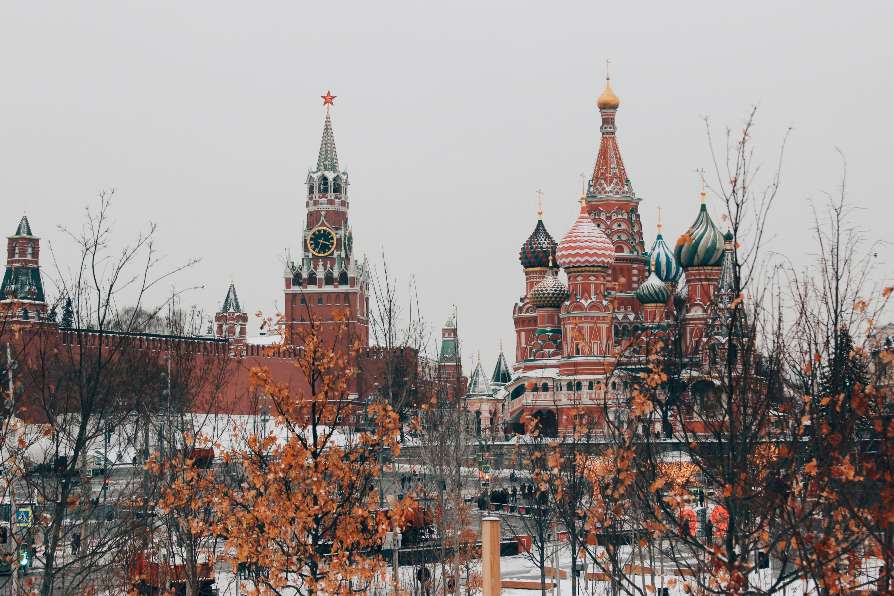Last update: July 27th, 2021.
As Russia enters a deadly third wave amidst a rolling vaccination campaign, travel is still restricted for Russians. The Russian COVID passes and vaccines are not recognized all over.
Europe has been open for more than a month to EU citizens who present the EU Digital COVID Certificate but Russian citizens are not allowed to travel to these regions.
Implementation and rollout: Russian vaccine passport
The Russian vaccine passport has been implemented regionally and Putin has not yet made vaccination mandatory.
The Bashkortostan region is the first to release a COVID pass in Russia allowing citizens various privileges and renouncing preventative measures like social distancing.
Moscow followed suit and The Moscow Department of Health has gone so far as to refuse medical care to unvaccinated citizens.
“A person who received the vaccine would be issued a COVID-19 passport valid for one year, while those maintaining antibody test results with IgG levels above 10 [as a result of infection] will receive a three-month passport,” said Sofya Aleshina, the head of the Bashkortostan Regional Health Ministry’s press service.
Is the Russian vaccine passport accepted in the EU?
The EU and Russia are negotiating to mutually accept their vaccine passports, but this is being delayed as the Russian vaccine is not accepted across Europe.
Brussel’s Ambassador in Russia, Markus Ederer explains: “The EU has a digital certificate that allows citizens to travel freely within the union, as well as a law that provides for the ability to declare these certificates equivalent to other similar certificates.”
The foreign minister from France, Clément Beaune, says “currently, there are only four [vaccines] recognized in France, as well as in a number of other countries. As for a number of other vaccines, in particular, the Russian and Chinese ones, France says to its partners – be cautious, say no to these vaccines.”
Beaune’s main concern is the efficacy of the vaccines that have not been approved by the EU.
Greece, Hungary, and Slovenia are accepting and administering the Russian vaccine despite the European Medicines Agency’s delay with evaluating the Sputnik V vaccine.
Criticism of the Russian vaccine passport
By the end of July Russia has vaccinated around 15% of its population and vaccine discrimination is still a concerning threat.
The government is suggesting discounts at supermarkets and sporting events for those who present a vaccine card and has even gone as far as to grant extra paid leave for vaccinated educators.
Many who are not willing to vaccinate or who cannot do so due to medical reasons will face discrimination if the proposed Russian COVID pass benefits get implemented nationally.
Furthermore, part of the Russian public has expressed skepticism about the vaccine and many citizens are not willing to be vaccinated.
The emergence of fake vaccine passports in Russia has further undermined the public health system.
